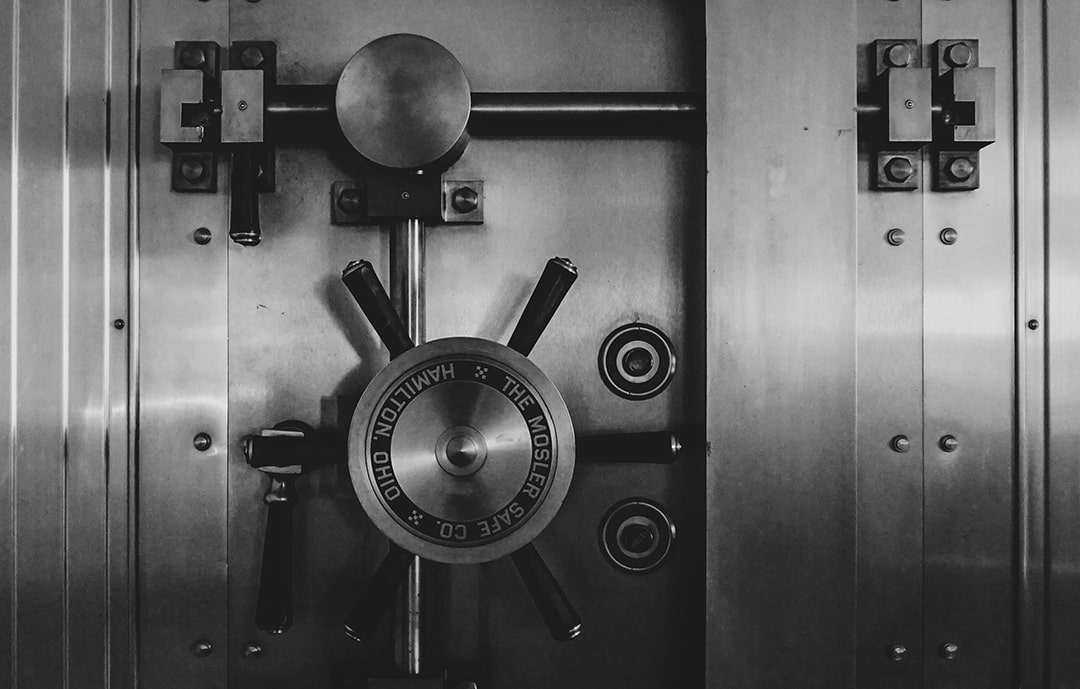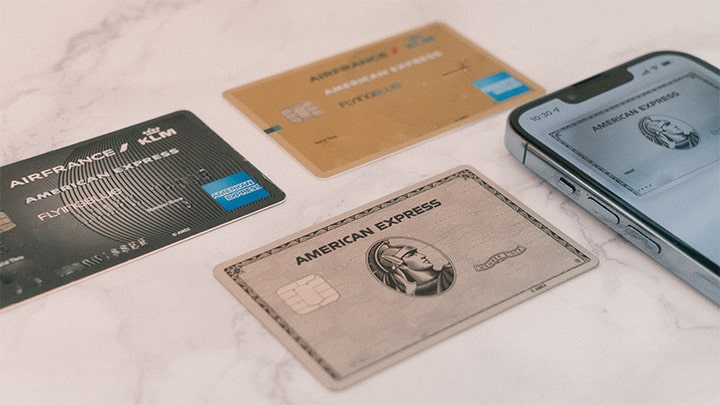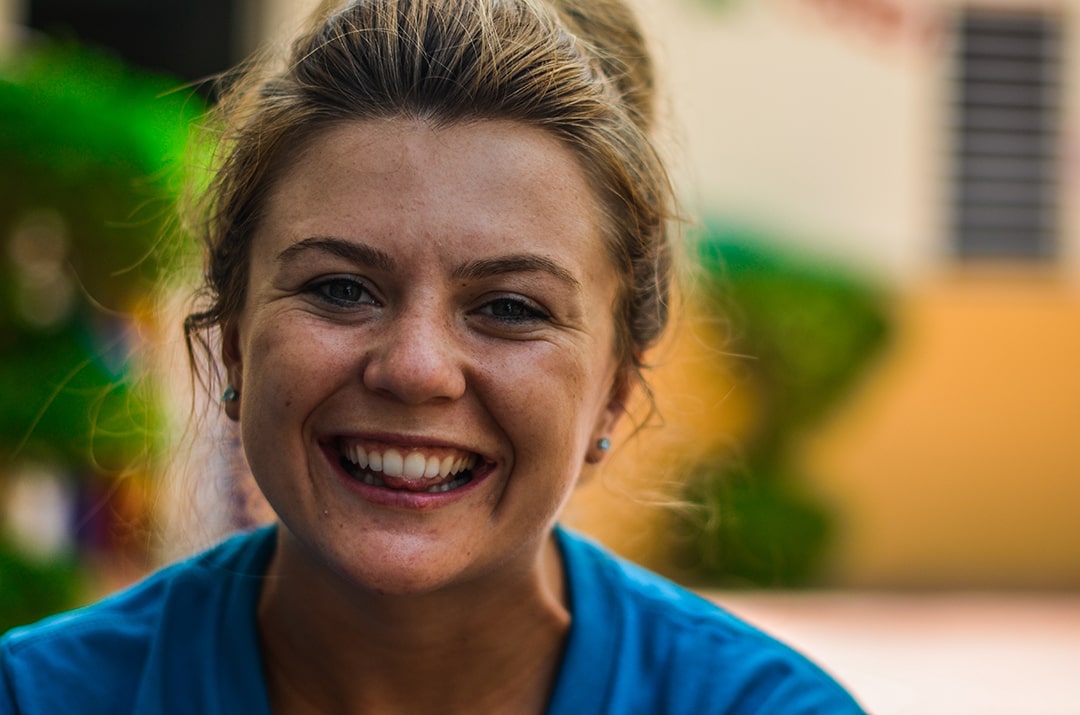Growing Your Income

Open a Bank Account
What is a bank?
A bank is a business that provides services that relate to money. There are also places called credit unions. Credit unions differ from banks in that they provide services to members rather than customers. There are also thrifts, federally insured financial institutions, that provide more protection to your money. An FDIC usually has cheaper maintenance fees.
Why is it important to have one?
Having cash freely in your house or in your pocket is not safe. Anything can happen to destroy that money or someone can take it. Banks are a safe space for your cash. Bank accounts also allow paperless transactions. This means you can pay your bills from your phone, making the process easier than ever. You can also receive money easier and faster through direct deposit. Loans, credit cards, and mortgages are also provided through banks. Learn More.
How do I open a bank account?
- Choose a bank that fits your needs the best. It is best to look into fees, features, and perks.
- Confirm eligibility requirements with the bank you chose.
- Decide what type of account would be the best for you. Options usually include a checking, savings account, or both!
- Apply!
Credit Score
What is a credit score?
A credit score is a number that predicts how you handle your credit. If the score is high then it is assumed you pay your bills on time and in full often. If the score is low then it is predicted that you have a lot of debt that you don't pay back regularly or in full.
Learn more.

Why is it important?
This score determines the likelihood of you getting a credit card or for example, a loan to buy a car. The higher the number, the better. More info.
How do I inprove my credit score?
- Pay bills on time.
- Make the minimum payment.
- Don’t spend your credit limit, keep your rates low.
- Don’t close credit accounts. It looks better if they close your account.

Save Money
How much should I save?
There is no real answer to this question. It depends on your personal financial situation. Suggestions like the 50/30/20 rule are commonly followed. If able, 50% goes to necessities, 30% goes to your choice, and 20% goes towards savings. Learn more.
Determine expenses.
Determining your expenses can allow you to determine how much you can save. There are a few expenses to keep in mind.
- Fixed expenses: Necessary expenses that remain the same. Examples include but are not limited to phone bills, car payments, and rent.
- Flexible expenses: Necessary expenses that change every month. Examples include but are not limited to water, electricity, gas, and grocery.
- Discretionary expenses: Expenses that you control and are not necessary. Examples include but are not limited to entertainment, clothes, and restaurant dining.
#GetBanked
Supplemental Security Income (SSI)
What is Supplemental Security Income?
Supplemental Security Income (SSI) is a federal program that provides monthly payments to people who have limited income and few resources. SSI is for people who are 65 or older, as well as for those of any age, including children, who are blind or have disabilities.

How do I apply to Supplemental Security Income?
All you need to know.
If you prefer a summary of this information click here.
If you believe you or someone you know may be eligible for SSI, you can use the link below to assist you in requesting an appointment. The online process takes about 5-10 minutes and no documentation is required at this time. We will need basic information about you and, if applicable, the person you are assisting.
How much can I get?
How much can you get? The basic monthly SSI payment for 2022 is the same nationwide. It is: —$841 for one person. —$1,261 for a couple. Not everyone gets the same amount. You may get more if you live in a state that adds money to the federal SSI payment. You may receive less if you or your family has other income. Where and with whom you live also makes a difference in the amount of your SSI payment.

What is and how to Create an Individual Development Account (IDAs)
What is An IDA?
Individual Development Accounts are special matched savings accounts designed to help families establish a pattern of regular saving and, ultimately, purchase a “productive asset”. IDAs, through the use of matching deposits and supportive non-profits, help low-income families acquire both the capital and skills they need to get on the road to self-sufficiency. IDA’s are NOT HANDOUTS. They are INVESTMENTS in people who are willing to first save and invest in themselves.
How does the match work?
A savings match is a promise to supplement an IDA participant’s savings deposit at a specific rate, usually 2:1. Therefore, for every dollar the participant saves, we match it with two dollars. Participants' EARN savings matches by savings and taking other steps to prepare for the future, such as attending financial literacy classes, homeownership courses, or entrepreneurship training. IDA funds are paid directly to the asset intermediary (title company, university registrar, etc.). Matching funds are held in a matching account and can never be directly accessed by the participants, but are disbursed on their behalf at the time of asset purchase.
Who is eligible to participate?
- The families must earn below 200% of the federal poverty level.
- The families must have “earned income” meaning wages or salary.
- The family's net worth must not exceed $10,000.
How to Pay Off Debt
Debt can be very stressful and a lot of people just do the minimum amount because it feels the easiest but this actually is keeping you in debt. If you have a plan it can feel more manageable and you can see the light at the end of the tunnel. There are many ways to pay off debt but here are some tactics you can use to pay off your debt.

Debt snowball: When looking at all your debt, organize it from smallest to largest. Then focus on your smallest debt while paying the minimum amount for the rest. Then after you are done paying the smallest then carry on the next largest amount. Then keep carrying on until you are debt free
Debt avalanche: You pay off your debt with the highest interest rate first (while paying minimums on the others), then the next highest rate, and so on. It may save you time and money over the course of your debt payoff.
Debt consolidation: Combine multiple old debts into a single new one, ideally at a lower interest rate, making payments more manageable or the payoff period shorter. There are a few ways to consolidate debt, including balance transfer cards and personal loans.

An Achieving a Better Life Experience (ABLE) Account
What is an ABLE account?
There is no real answer to this An Achieving a Better Life Experience (ABLE) account is tax-advantaged savings account to which contributions can be made to meet the qualified disability expenses of the owner, or designated beneficiary. ABLE accounts receive favorable treatment and are excluded from resources in whole or in part, for purposes of certain means-tested Federal programs.
Do I qualify for an ABLE account?
The designated beneficiary of an ABLE account is the eligible individual who owns the ABLE account. He or she must be:
- eligible for Supplemental Security Income (SSI) based on disability or blindness that began before age 26;
- entitled to disability insurance benefits (DIB), childhood disability benefits (CDB), or disabled widow’s or widower’s benefits (DWB) based on disability or blindness that began before age 26; or
- someone who has certified, or whose parent or guardian has certified that he or she met the criteria for a disability certification before age 26.
Housing Cost
Charlotte rent cost
The average rent for 942 square feet in Charlotte is about 1,639$
How much would I need to make to pay?
To be accepted you or you and your roommates combined should make about three times the rent a month.

